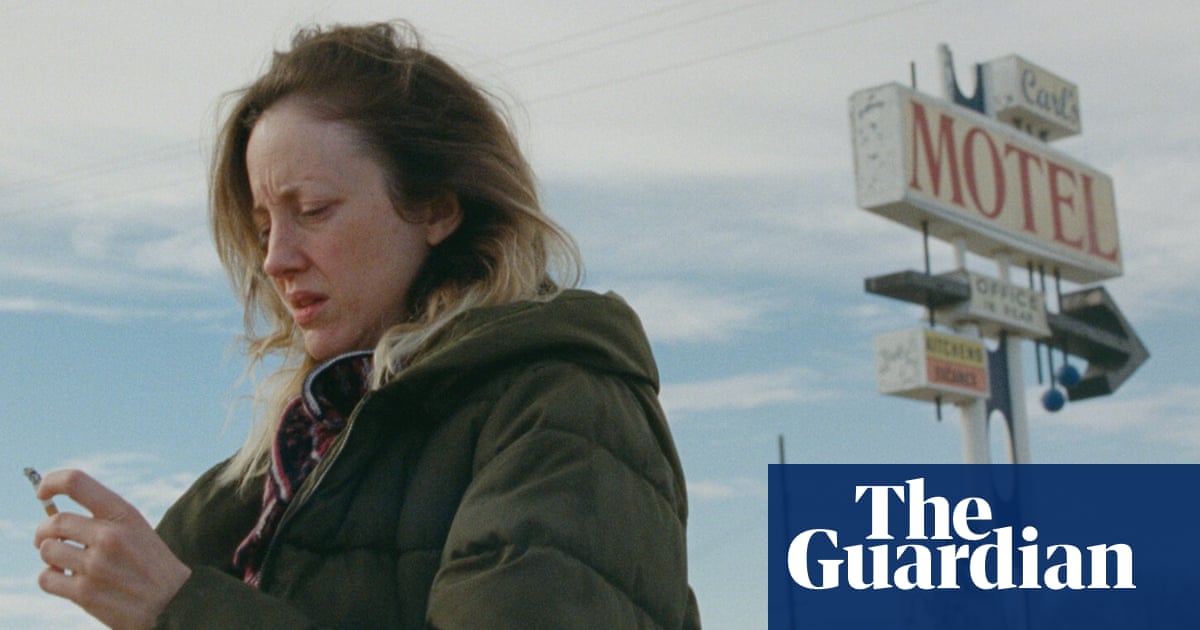
CHENNAI: Illegal immigration is mammoth issue today — in present-day Europe, migration has become a brutal fight for survival. Haider Rashid’s tautly narrated 72-minute feature “Europa,” which premiered at the Cannes Film Festival, brings strong emotions to the thriller genre to present the moving story of Iraqi refugee Kamal (played with steely nerve by Adam Ali). His struggle to avoid the clutches of law-enforcers and thugs to reach his destination is surprisingly brutal and forcefully underlines the sad story of how migrants are treated.
For the latest updates, follow us on Instagram @arabnews.lifestyle
Kamal’s flight to Bulgaria via Turkey is fraught with danger and the possibility of death, and each of the seemingly impossible hurdles he faces is portrayed with a heartbreaking ferocity.
The film follows Kamal as he survives a nightmarish ordeal one night and begins his arduous trek across mountains and crossing leech-infested waters, all the while evading cops and police helicopters. There is nail-biting tension when Kamal has to climb a tree to escape gun-toting men in uniform, but he has to also avoid “migrant hunters” — civilian vigilante groups determined to kill rather than allow anybody to illegally enter their country.
Based on events that have occurred on the “Balkan Route,” “Europa” gives the context at the beginning when we learn about the complicity between criminal gangs and border-patrol agents. As Kamal trudges on, hungry and thirsty, with danger lurking at every nook of the woods, he watches a landscape that is deadly and also idyllic, which seems like a strong symbolism for better times to come. While every rock and boulder is a terrifying impediment, the sight of a waterfall, berries and birds eggs provide him life-sustaining hope. Kamal’s laboured breathing — arising from sheer exhaustion and fear — form the main soundtrack of the film.
Rashid’s handheld camera captures the oppressiveness of Kamal’s situation, as well as his mental turmoil, and the closeups of his face make a powerful visual for a document of distress. There is hardly any dialogue in the entire work and, as we watch the narrative from Kamal’s point of view, this appears both as strength and perhaps as the movie"s weakness as well.
It is not an easy work to watch, and may do well in arthouse and festival circuits, but beyond these its appeal may be limited.











